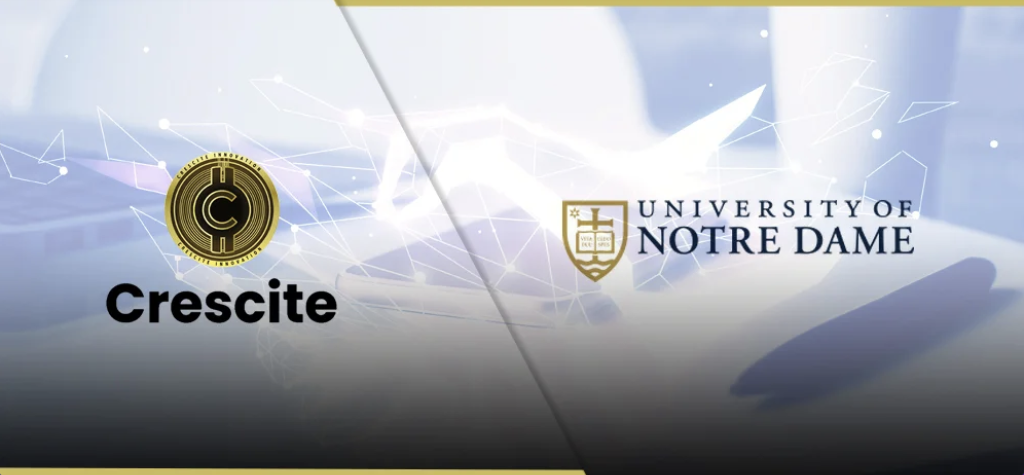Estimates by The Pew Research Centre report that Americans carry $1.3 trillion in student debt, with the average borrower owing $17,000. ChangEd is a Chicago based startup that’s trying to change the student debt landscape by helping people pay off their student debt one cent at a time. Co-founders Mike Land, Dan Stelmach and Nick Sky launched the app in 2017 based on their own personal experiences. “The idea for this company came from our own personal pain paying down student loans,” Sky said at a Shark Tank event covered by TechStartups. The app links to the users bank account and their student loan account, and rounds all purchases to the nearest dollar. So, if a user spent $3.17 on a coffee, 83 cents would go into their account. Once the account has reached $100, the app pays the amount to the student loans company. The subscription service charges $1 a month to cover transaction fees. Sky told the online tech community Built in Chicago that the average users are putting away $30 to $50 dollars a month, and seeing as their spending habits aren’t changing, it isn’t affecting them strongly. TechStartups affirm that the company has been used to pay over $100,000 in student debt since the app launched in 2017. In February, the company attended a Shark Tank event, TechStartups reported, and managed to get a $250,000 investment from Mark Cuban, for a 25 percent stake in the company. “Student debt is really one of the biggest problems facing our country right now,” Cuban said at the event. “It takes away from the economy and it prevents people from moving up and getting a better job.” ChangEd are not the first startup to amass change into savings accounts, although they are the first to link it directly to student loans. Acorn, founded in 2014, was one of the first spare change saving apps targeted at young people. Time’s online magazine asserts that millennials are the target for these mobile-operated savings accounts, as they’re a generation that has been detached from banks. They come into the job market with crippling student debt, struggle to find jobs with their qualification-rich, experience-poor peers, and can’t even imagine mustering up enough capital to start their own business. Banks and financial investors typically don’t stoop to the tiny savings collected by this generation, so it’s no surprise that this mistrust of banks has attracted millennials to low-cost, mobile options; they can manage their money without ever having to walk into a bank. Make Lemonade, a personal finance advice website, estimates that there are around 44 million US citizens with student debt, and that only 50 percent of students believe that their degree outweighs how much it cost. As ChangEd grows, it could help millions of people get out of debt sooner, and they are also planning to add on a system that allows parents and relations to use their spare change to help their struggling family members. If not, the current situation could be dissuading many from going into higher education at all.
Chicago startup ChangEd helps students pay off their debt with spare change
By Techli
15 marzo, 2018









